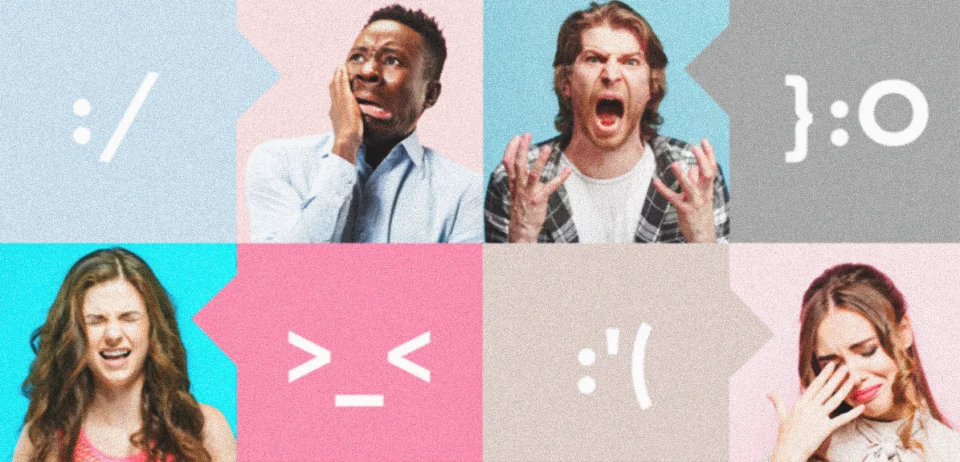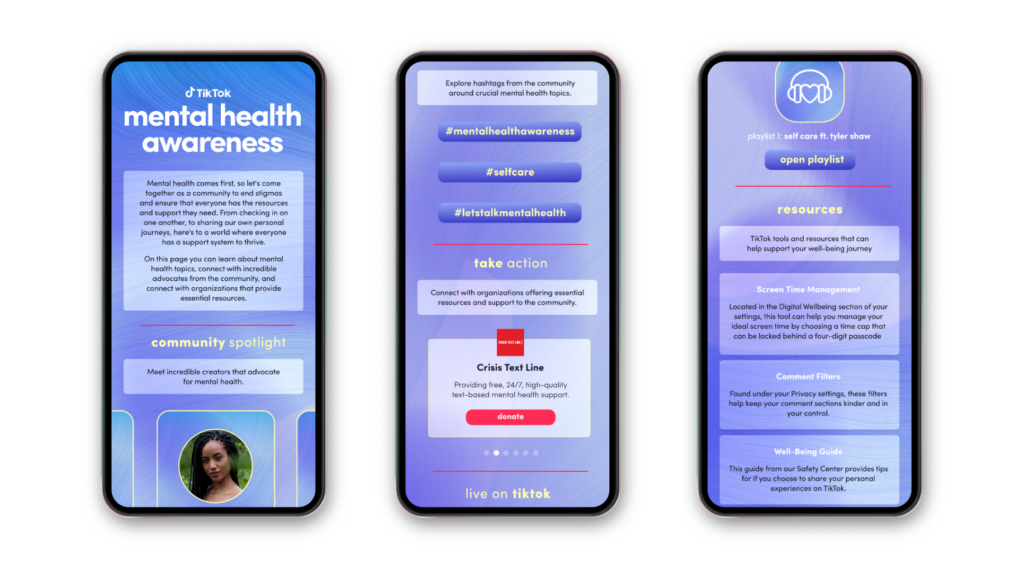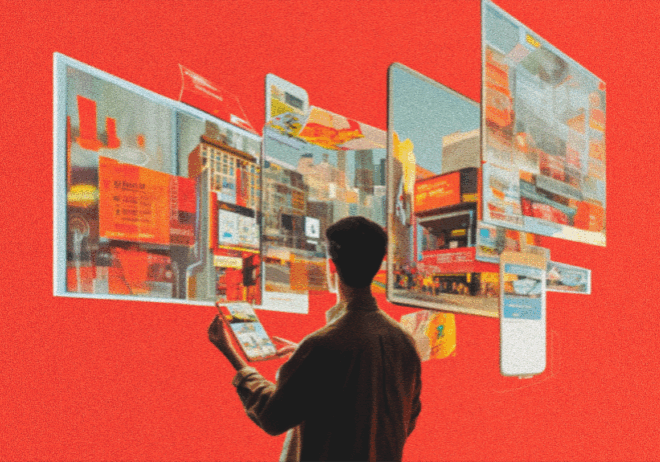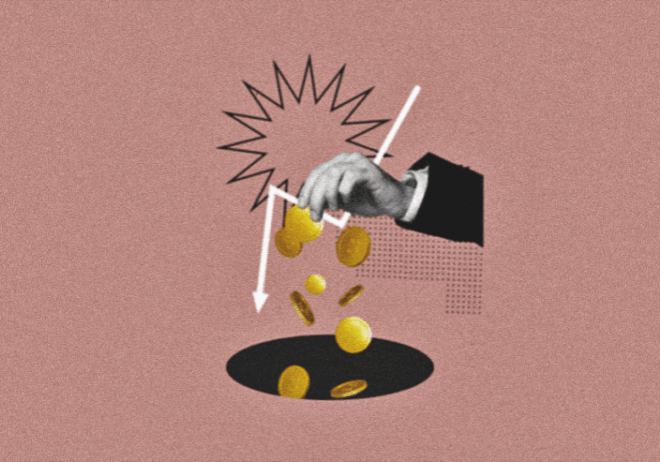
Social Media Impact on Mental Health Awareness: Campaigns That Make a Difference
How many of us genuinely take the time to consider and give priority to our mental health on a daily basis? You’re not the only one who nods in agreement. In a world where every day seems jam-packed with tasks, deadlines, and the pressure to keep up, mental health has transitioned from a niche topic to a mainstream conversation—one that social media has played a huge role in reshaping.
Take a pause and think—how many times do you catch yourself scrolling endlessly through Instagram, TikTok, or Twitter, hoping to stay in the loop or distract yourself from stress? Social media has become a huge part of our lives, providing a way to stay connected and informed but also leaving us vulnerable to stress, comparisons, and information overload.
Despite all of the selfies, memes, and popular hashtags, social media has turned out to be an unanticipated ally for mental health awareness by fostering communities, support, and discourse. Let’s delve deeper into how social media is reshaping mental health awareness, shining a spotlight on initiatives that are truly making a difference and addressing the complexities of navigating this digital landscape.
Let’s talk about the popular campaigns that truly make a difference
Social media campaigns have created a lot of awareness and impact among the audiences. Platforms like Instagram, Twitter, and TikTok have transformed the way we view mental health. By normalizing conversations around anxiety, depression, and other mental health challenges, social media has created a safe space for millions to share their experiences.
For example, hashtags like #MentalHealthAwareness and #ItsOkayToNotBeOkay have gained billions of impressions, signaling a collective move toward empathy and understanding. This cultural shift wouldn’t have been possible without the openness encouraged by these platforms.
However, not all campaigns are created equally. The ones that resonate most are those that humanize the experience of mental health challenges, using creativity and authenticity to cut through the noise. Here are some standout examples:
Dove’s Mental Health Initiative with Lizzo:
In 2024, Dove collaborated with the artist Lizzo to launch a campaign focused on combating the negative effects of social media on young people’s mental health. This initiative included a significant event where Lizzo shared her personal struggles with online bullying and highlighted legislative changes like the Kids Online Safety Act (KOSA). This campaign represents Dove’s long-standing commitment to fostering positive body image and safe online interactions.
Project Semicolon: What began as a grassroots movement symbolized by a semicolon has grown into a global initiative promoting mental health and suicide prevention. The campaign’s central message, “Your story isn’t over,” inspires countless people to share their personal journeys, especially through social media. Instagram has seen an influx of posts showcasing semicolon tattoos as expressions of resilience and solidarity.

TikTok’s Mental Health Challenges:
TikTok has leveraged its platform to spotlight mental health during awareness months and beyond. Campaigns such as #MentalHealthAwarenessMonth invite users to share personal stories, coping mechanisms, and supportive messages. The platform’s blend of vulnerability and virality allows these challenges to reach millions, turning fleeting trends into substantial discussions around mental health.

The role of influencers in mental health campaigns
Influencers wield immense power on social media, often acting as digital role models for their followers, and their advocacy for mental health can have a profound impact. Authenticity is key—whether it’s Selena Gomez discussing her bipolar diagnosis or a micro-influencer opening up about postpartum depression, transparency resonates with audiences. Followers appreciate seeing the real, unfiltered side of influencers, and when they share their struggles, it helps normalize the conversation and destigmatize seeking help.
Moreover, influencers play a crucial role in bridging the gap between professional advice and peer support. Take Dr. Julie Smith, for example—a psychologist and TikTok creator who blends expert mental health insights with a relatable, down-to-earth delivery. This combination makes valuable mental health tools and advice more accessible to millions, showing that mental health education doesn’t always have to come from a clinical setting to be effective.
Social media’s potential and difficulties in increasing awareness of Mental Health
While social media positively impacts mental health by promoting awareness and reducing stigma, challenges like misinformation and performative activism persist. Rapidly spreading inaccurate content can undermine trust, making fact-checking and expert collaboration vital. Successful campaigns must pair online engagement with real-world actions, such as funding therapy or creating accessible mental health tools, to generate meaningful impact beyond just clicks and likes.
User-led advocacy offers a powerful way to foster authenticity and build community. When individuals share their personal stories, they create genuine connections that resonate more than corporate-led initiatives. Additionally, platforms like Instagram and TikTok can expand their mental health features by offering guided meditations, self-care tools, or AI-driven check-ins, making support more accessible to all.
To ensure inclusivity, celebrating diversity in mental health campaigns is essential. Addressing cultural differences, systemic barriers, and intersectionality helps reach broader audiences and ensures people from all backgrounds feel represented. This approach solidifies social media’s role as a transformative force in mental health conversation.
Cut to the chase
As we navigate an increasingly digital world, the social media impact on mental health awareness continues to grow. While it amplifies voices, fosters community, and reduces stigma, it also poses risks like misinformation and performative activism. To ensure meaningful impact, campaigns must prioritize accuracy, collaborate with experts, and balance awareness with actionable solutions.

